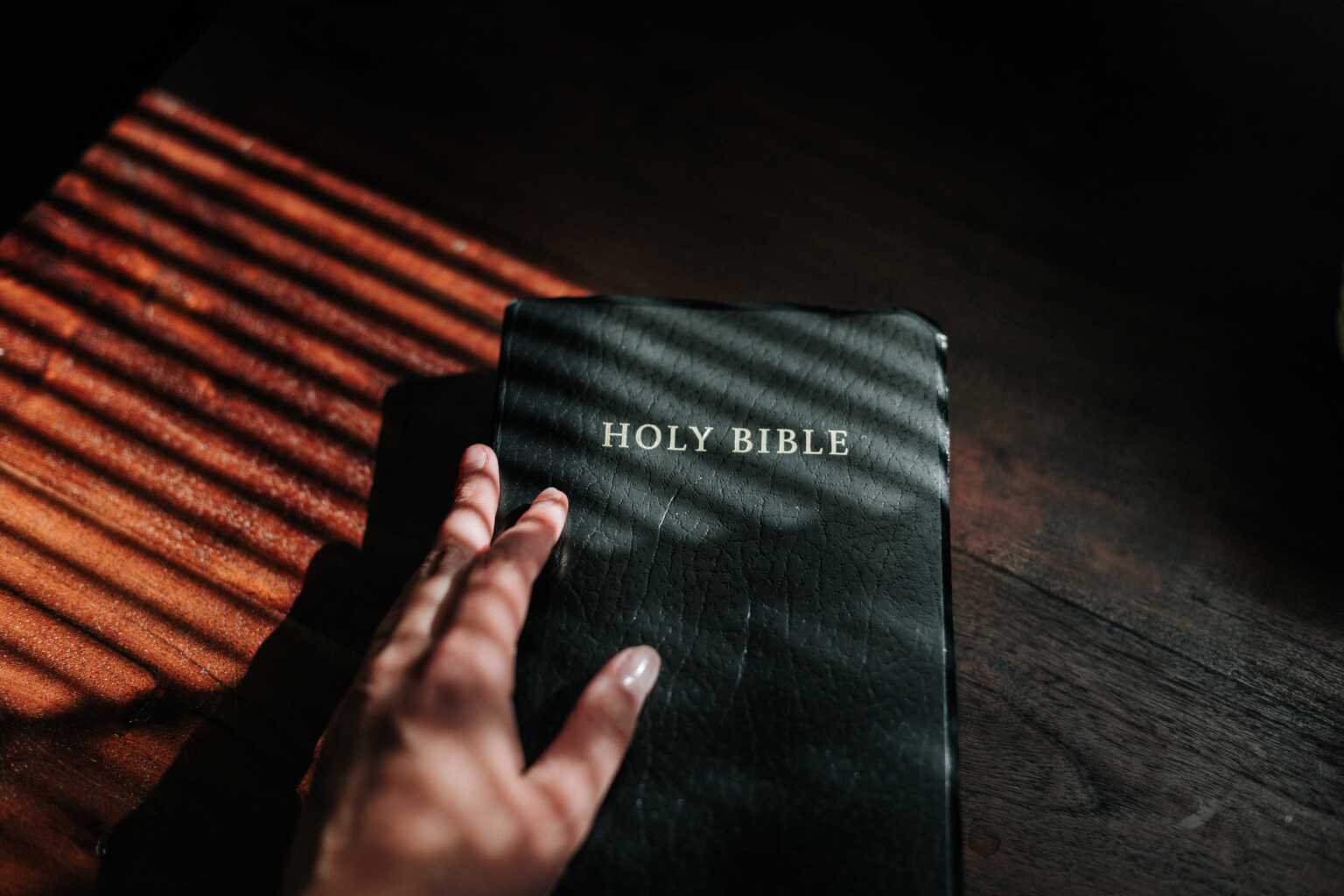
COMMENTARY
“Now they are seeing that Jesus also speaks in Moroccan Arabic.”
Aziz*, a Moroccan friend, recently explained something interesting to me about the intersection of faith and language in Morocco. He told me that Arabic is understood as a holy language—as the language God speaks. But he further explained that for most Moroccans, if you spoke classical Arabic with your family, they’d laugh at you for how absurd you sounded—something like an English speaker using Old King James English with their children at the dinner table. It made me think: how would my understanding of God be different if I couldn’t read His Word in the same language I use to communicate love to my wife and children?
There are more than 30 Arabic dialects—with varying degrees of mutual intelligibility. For some who speak localized dialects at home and in their communities, Modern Standard Arabic carries with it a degree of formality as it’s the Arabic used in written and broadcast media. Millions of Moroccan Christians have only had the Bible in the trade languages of French or Arabic instead of in their heart language—making God’s Word feel ceremonial instead of familial. Despite Moroccan Arabic or Darija, being the most widely spoken dialect in Morocco, the full Bible hasn’t been translated into it—yet.
The most prevalent Arabic Bible translation used today is the Van Dyke Version, named after its principal translator. But there’s a major challenge: it was published over 150 years ago in 1865, and it’s written in classical Arabic. While there are a handful of more contemporary and modern options, none before now have addressed the need that millions have for Scripture in their colloquial Arabic heart languages like Darija. But now Moroccan Christians are working to finish a translation of the Bible into Darija, to understand God’s Word to them in their mother tongue.
For Christians like Aziz and me, the Bible is more than a collection of teachings; it’s the living Word of God that transforms us. As Hebrews 4:12 teaches, “The Word of God is alive and active.” Aziz explains, “This Moroccan Bible translation has to address two things: language and faith. Moroccan Christians first had to confront how people see their mother tongue. Muslims believe the Quran is only the true Quran in classical Arabic as they believe that’s the language in which God revealed it. Religious tradition has caused people to look at their dialect as low—as not adequate to be used to speak to God. It’s a cultural and psychological thing to help people also appreciate their mother tongue. So, we’ve asked questions like: ‘How do you speak to your mom?’ When you speak to your mom, you use Moroccan Arabic or you use your Berber language. Your mom is a good woman, and you wouldn’t speak down to her. If we speak to our mothers and fathers and siblings with this language, therefore, why won’t we use it with God?”
Aziz’s profound point about speaking to God the way we speak to those we love most—rather than via a trade language like Arabic or French—is at the core of American Bible Society’s mission to provide all people with God’s Word in the language and format they understand best. That’s why we’re supporting this translation effort alongside United Bible Societies, Wycliffe Bible Translators, and Moroccan churches. Local Christians began working to translate Scripture into Darija in 1999. Due to their faithfulness and determination, we can celebrate today that the full Bible will be available by the end of 2022. The audio version—which is vital since orality is engrained in Moroccan culture—will be completed by early 2023.
The final product comes with a bonus benefit: Darija speakers will now have part of their culture preserved when the best-selling book in the world is available in their minority language. Aziz points out that many people in and around Morocco are interested in the Bible purely for its virtue as a historic book. Many are honored to have it in their own language as they appreciate its contributions to human culture—even if they don’t recognize it as a holy text. Our hope, of course, is that they will discover the words of eternal life as they explore it for themselves.
Moroccan Arabic speakers are not the only ones waiting for God’s Word in their heart language. The reality is there are still 3,712 languages waiting for Bible translations. More than 1 billion people do not yet have access to the Bible! But we hold onto the hope and collective vision that—within our lifetime—every person will experience its life-transforming power. And we look to the global Church to continue supporting Bible translation efforts to bring God’s Word alive in every person’s preferred language and format.
Today on International Mother Language Day, we renew our commitment to stand alongside our brothers and sisters as they translate the Bible into the living languages of their communities. We long for the Middle East and North Africa to be known for peace, for salaam. We continue to work toward that day by sharing the Bible with all who are interested in learning more—hoping they will discover that Jesus knows their language and wants to speak with them, too.
Robert L. Briggs is president and CEO of the American Bible Society.
*Name changed for security purposes.
***Please sign up for CBN Newsletters and download the CBN News app to ensure you keep receiving the latest news from a distinctly Christian perspective.***
The remainder of this article is available in its entirety at CBN

